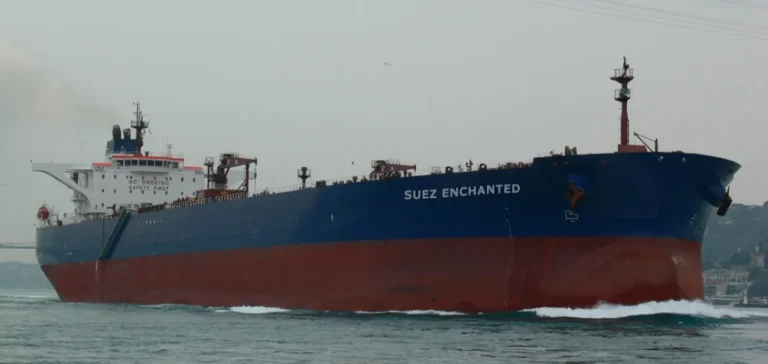Imperial Petroleum Inc. continued its growth strategy with the acquisition of seven additional vessels in the second quarter of 2025, bringing its total operating fleet to 19 units. This expansion led to a 54.4% increase in fleet book value, which now exceeds $350 million. At the same time, quarterly revenue fell to $36.3 million, down from $47.0 million a year earlier, due to weaker market rates for tankers.
As of June 30, 2025, the company held cash and cash equivalents of $212.2 million, approximately 80% higher than its current market capitalisation of $120 million. This liquidity level was supported by $42.0 million in operating cash flow generated in the first half, during which the company reported net income of $24.1 million.
A diversified fleet supported by targeted investments
Among the seven vessels delivered between April and June 2025 were five supramax and two kamsarmax dry bulk carriers, all built in Japan. This strategy strengthens Imperial Petroleum’s position in the dry bulk segment while complementing its crude oil and refined product transport operations. The company plans to receive three additional vessels by August 2026, adding a total of 164,400 deadweight tons (dwt) of capacity.
On average, the fleet comprised 14.1 vessels during the second quarter of 2025, compared with 10.3 vessels in the same period last year. Despite the drop in daily spot market rates, the company mitigated the impact by allocating 60% of operating days to time charter contracts.
Controlled costs and zero debt
Voyage expenses decreased by $6.4 million year-on-year to $10.7 million, linked to fewer spot market days. Meanwhile, vessel operating costs rose by $1.9 million to $8.4 million, due to the increased fleet size.
The company reported no debt as of June 30, 2025. Finance costs of $1.4 million during the semester were entirely related to imputed interest on deferred payments for recent acquisitions. No contractual interest was charged by the sellers.
Maintained profitability despite rate pressure
Net income for the quarter was $12.8 million, with adjusted net income of $13.4 million. Adjusted earnings before interest, taxes, depreciation and amortisation (EBITDA) reached $17.7 million for the period. Diluted earnings per share stood at $0.35, compared to $0.56 a year earlier.
The half-year performance reflects an adjustment to less dynamic market conditions. Revenue for the six-month period fell 22.4% to $68.4 million, yet profitability was preserved with an adjusted EBITDA of $33.3 million. The group also recorded a $4.7 million foreign exchange gain, linked to holding part of its cash in euros.






















